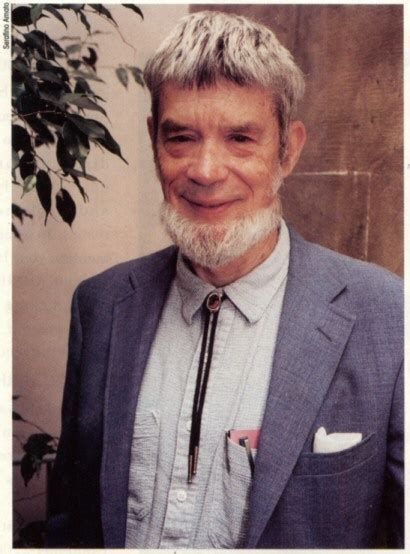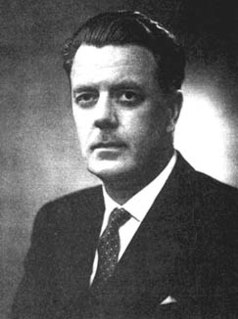A Quote by Ernst Mayr
Isolating mechanisms are biological properties of individuals that prevent the interbreeding of populations that are actually or potentially sympatric.
Quote Topics
Related Quotes
Mosts scientist are unable to arrive at a specific definition of biological evolution. “Biological evolution is… change in the properties of populations of organisms (you and me) that [happen during] the lifetime of a single individual. The changes in populations that are considered evolutionary are those that are inheritable via the genetic material from one generation to the next
I think the most important work that is going on has to do with the search for very general and abstract features of what is sometimes called universal grammar: general properties of language that reflect a kind of biological necessity rather than logical necessity; that is, properties of language that are not logically necessary for such a system but which are essential invariant properties of human language and are known without learning. We know these properties but we don't learn them. We simply use our knowledge of these properties as the basis for learning.
Reality, in its quantitative aspect, must be considered as a system of populations... The general study of the equilibria and dynamics of populations seems to have no name; but as it has probably reached its highest development in the biological study known as 'ecology,' this name may well be given to it.
A species consists of a group of populations which replace each other geographically or ecologically and of which the neighboring ones integrate or hybridise wherever they are in contact or which are potentially capable of doing so (with one or more of the populations) in those cases where contact is prevented by geographical or ecological barriers.
I don't think we interbred with the Neanderthals at all. There are some people who think that there was some level of interbreeding. I think that we look so biologically different, that we looked and we acted so different, and we culturally were so different that we would not have had interbreeding between two species.
To produce a really good biological theory one must try to see through the clutter produced by evolution to the basic mechanisms lying beneath them, realizing that they are likely to be overlaid by other, secondary mechanisms. What seems to physicists to be a hopelessly complicated process may have been what nature found simplest, because nature could only build on what was already there.
We in US need active intelligence: people being on the streets, people being able to stop and ask questions of individuals that they suspect to put it together. Why wouldn't we be wanting to get some information that could actually prevent a terrorist attack, especially since we have so many individuals fighting that have passports coming back and spreading jihad.


































